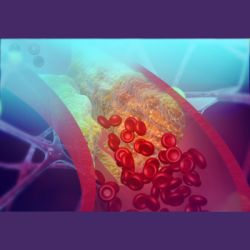Researchers in the United States are conducting tests using an image-guided biopsy robot (biobot) system to diagnose and support treatment of prostate cancer, just as about a thousand patients in Asia and Europe have already benefited from the tool that offers precise localisation.
The University of Alabama at Birmingham is one of two beta sites in the U.S. to receive this new image-guided system that is pending FDA approval and aims to diagnose prostate cancer earlier through accurate diagnosis that may also allow for targeted treatments in the future.
Lead investigator Soroush Rais-Bahrami, M.D., will determine the utility of the iSR’obot Mona Lisa for potential clinical use in the setting of the UAB Urologic Oncology Innovations Lab through a pilot pre-clinical project, “Phantom-Based Evaluation of a Novel Trans-Perineal Platform for Prostate Cancer Detection and Treatment.”
“Our team’s input on the device will help shape the future of prostate cancer diagnosis and treatment, not only for our patients at UAB but also patients worldwide,” said Rais-Bahrami, assistant professor in UAB’s Department of Urology and Department of Radiology.
The Mona Lisa robotic platform created by Biobot Surgical uses magnetic resonance imaging (MRI) and ultrasound fusion techniques to robotically guide biopsy of suspicious lesions.
With UAB investigators, the device is being further developed to plan for minimally invasive focal therapy for treating prostate cancer in the future.
The Mona Lisa is being integrated as an investigation by a multidisciplinary team founded and co-directed Rais-Bahrami and Jeffrey Nix, M.D., assistant professor in UAB’s Department of Urology. The UAB programme combines experts from urology, radiology, radiation oncology, medical oncology and pathology to determine the best treatment pathway for each individual with prostate cancer.
Designed to provide surgeons with complete prostate coverage while guiding the biopsy needle through only two skin punctures in the perineal region, the biobot also helps reduce the infections rate drastically.
The image-guided system enables the targeted location to be pinpointed with an accuracy rate of ±1.0mm, enabling early detection of prostate cancer.



























